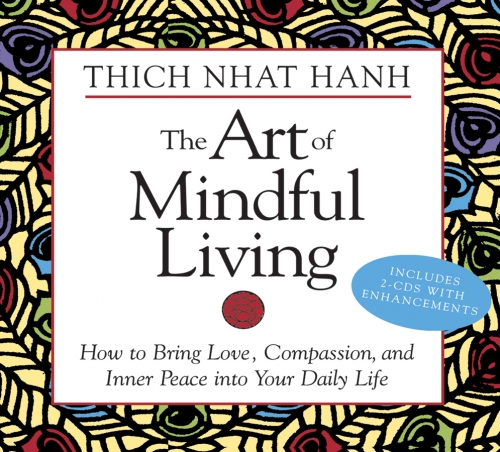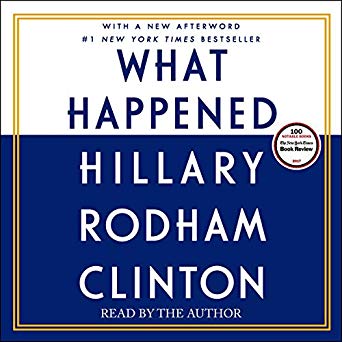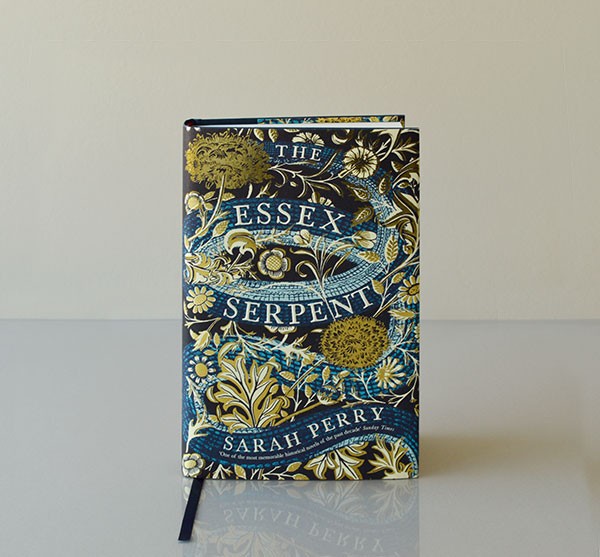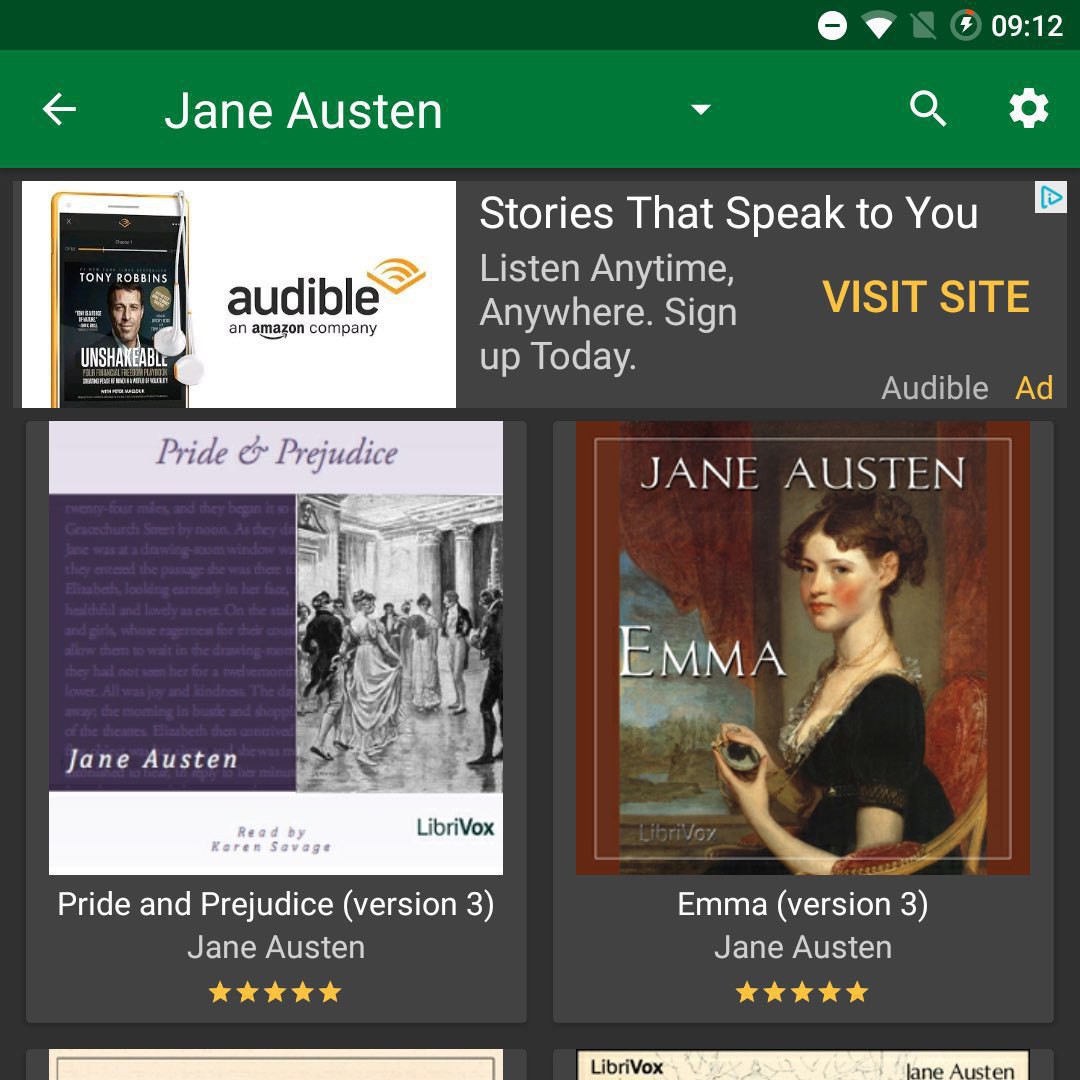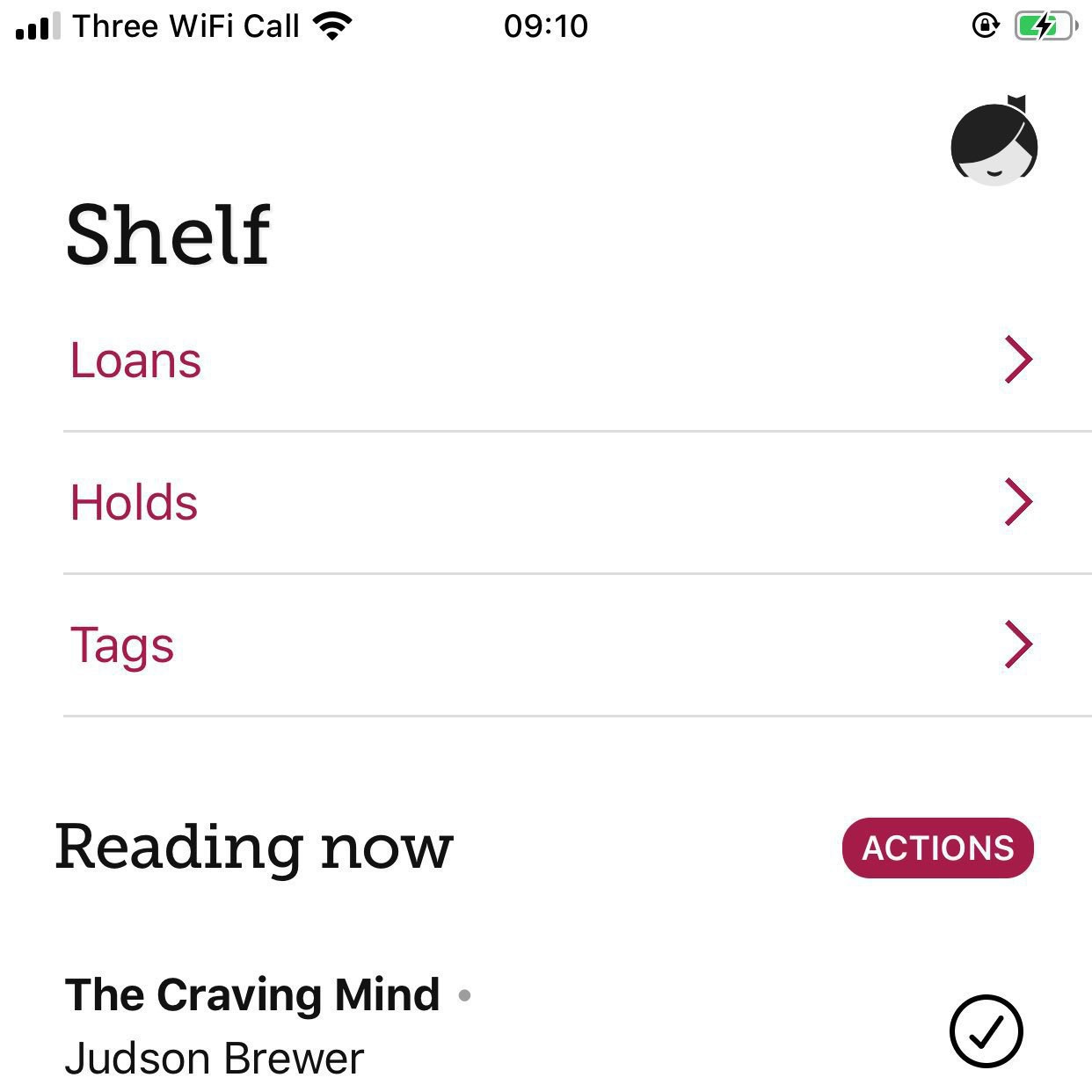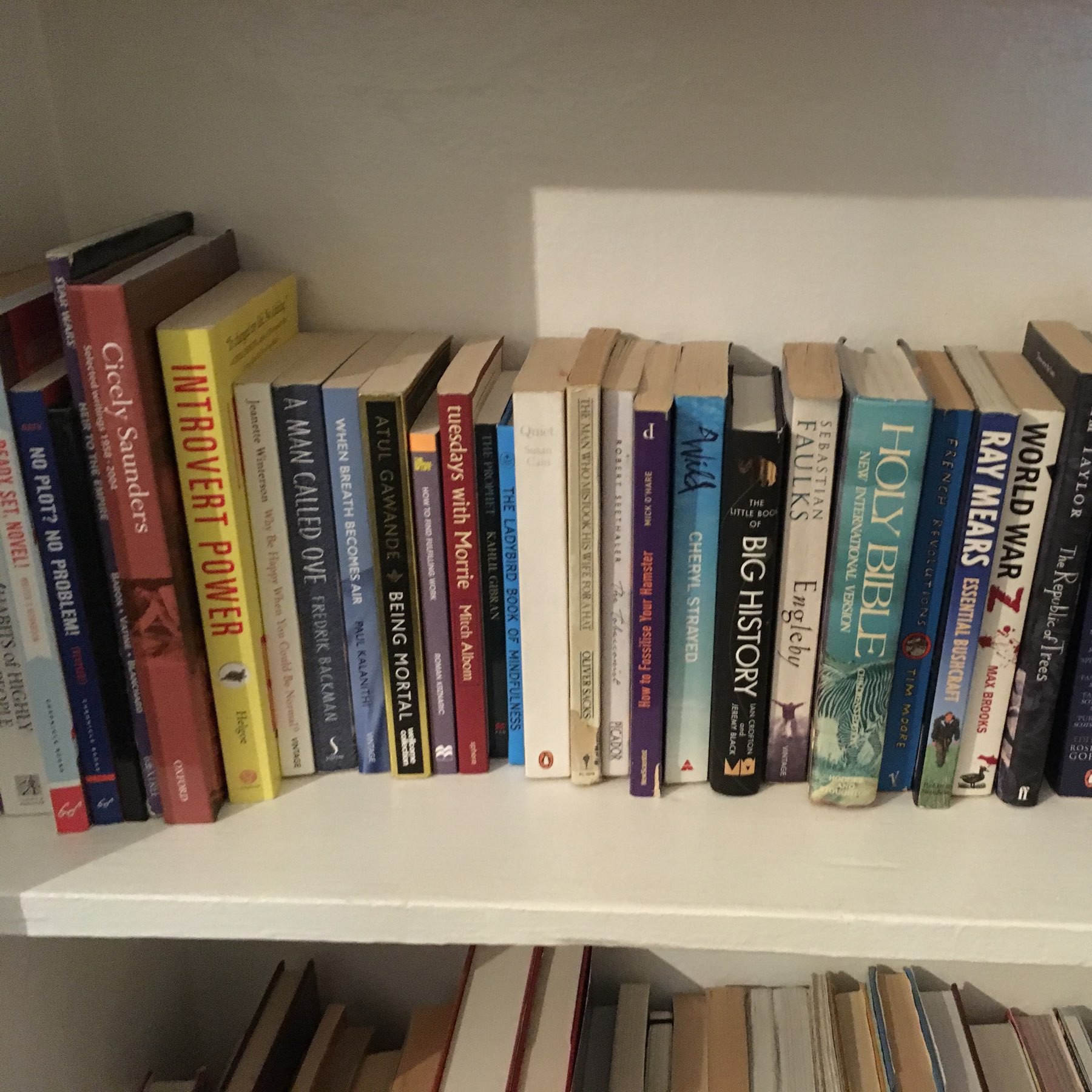📚 Review: The Art Of Mindful Living - Thich Nhat Hanh
So this is a strange one and more of an audiobook exclusive - from what I can gather, it isn’t available in print, just CD and mp3. I borrowed this from my library network on Libby and I chose it as something different and relaxing to listen to whilst running. Thich Nhat Hanh was not a name I recognised, and the title of the book was enough to get me to download and listen to it, but it turned out that he is actually a very famous Vietnamese Buddhist monk and peace activist who was a friend of Martin Luther King Jr back in the 60s and was in exile from Vietnam from 1975 until 2005.
So this audiobook is actually two different excerpts recorded from instructional lectures about meditation and mindfulness. It’s not a long recording, but I found Hanh has a relaxing and soothing voice and coupled with these bite-sized lessons, made for easily digestible thinking, even while I was running!
I suppose I was technically cheating by running rather than sitting still, but I found I was eating up the pavement as I listened to this man talk about comparing ourselves to water and mountains and imagining what it is like to behave like a tree. I seriously enjoyed it and since running is usually my time for digesting the day’s thoughts and trying to relax, this was a nice addition with some different ideas to consider. My favourite section was when Hanh was talking about the passage of time in his sing-song voice. One of the things he said was:
“The present moment is the substance with which the future is made. Therefore, the best way to take care of the future is to take care of the present moment. What else can you do?”
I have not seen this man in any video footage, but listening to this I always had the impression of a chilled out dude saying everything with a little bit of a shrug and a smile.
One potential downside is that the lecture sounded like it has been recorded onto vinyl, burned onto cassette tape and was then digitised at some point in the last 20 years - not the cleanest! I really like it and found it gave it an archaic, ‘found audio’ kind of feel, but I totally get it if listeners rolled their eyes and say the audio quality is rubbish!
The lectures also drop you in with little introduction and this man starts talking about his views on the world and how we can do certain things better, told through the metaphor of different things in the natural world. It’s not going to set the world on fire or blow people’s minds, but Hanh offers several different meditation techniques and their benefits. I am not a regular meditator, and I definitely wasn’t meditating while listening to this recording, but it gave me a small glimpse into this man’s views on the world. One thing I always enjoy is listening to someone far calmer, more experienced and incredibly knowledgeable talk about their specialist subject, and that was fascinating to hear, even if I had no idea who he was to begin with!
I would recommend listening to this recording, it’s only a couple of hours of your time, but it gives you things to think about and different mindfulness techniques to try if you’d like!
⭐️⭐️⭐️⭐️★
